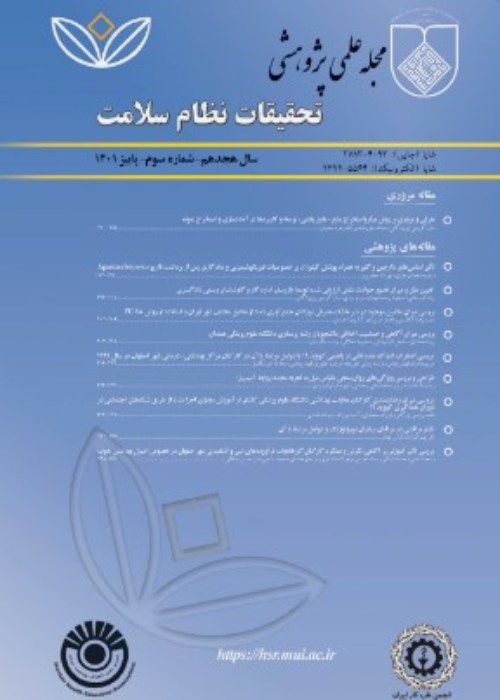The Correlation between Negative Affectivity state and Knowledge Hiding: Explaining the Mediating Role of Moral Disengagement and the Moderating Role of Ethical Leadership among the Employees of Isfahan Medical Sciences University, Iran
Intellectual capital in organizations is most often generated through knowledge sharing at work, so the most significant feature of knowledge management is to prevent knowledge hiding, since it damages organizations, particularly those involved in health care services.
This descriptive-correlational study was conducted on the statistical population of employees working at Isfahan University of Medical Sciences, Isfahan, Iran. For this purpose, a total number of 291 individuals were selected via the Krejcie and Morgan’s Table as the statistical sample using the simple random sampling technique. The analytical data were subsequently collected through the Positive and Negative Affect Schedule (PANAS), the Ethical Leadership Scale (ELS), the Propensity to Morally Disengage Scale (PMDS), and the Knowledge Hiding Scale (KHS), and then analyzed by means of structural equation modeling (SEM) using the SPSS software and the SmartPLS 3 software.
In this study, the correlation between negative affectivity and knowledge hiding (r = -0.132, t = 0.928) as well as the moderating role of ethical leadership in the correlation between negative affectivity and knowledge hiding (r = 0.352, t = 1.856) and that between negative affectivity and moral disengagement (r = 0.030, t = 210.2) were not confirmed. On the other hand, the correlation between negative affectivity and moral disengagement (r = 0.434, t = 3.794) and that of moral disengagement and knowledge hiding (r = 0.506, t = 4.013) as well as the mediating role of moral disengagement in the correlation between negative affectivity and knowledge hiding (VAF = 0.623, z-value = 2.706) were established.
It was concluded that employees with negative affectivity activate moral disengagement as a secondary cognitive process and obscure their personal ethical principles in so far as possible, which make them hide the knowledge demanded by other members.
- حق عضویت دریافتی صرف حمایت از نشریات عضو و نگهداری، تکمیل و توسعه مگیران میشود.
- پرداخت حق اشتراک و دانلود مقالات اجازه بازنشر آن در سایر رسانههای چاپی و دیجیتال را به کاربر نمیدهد.


